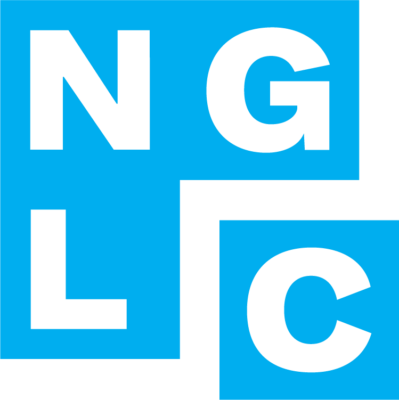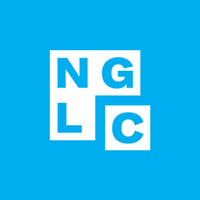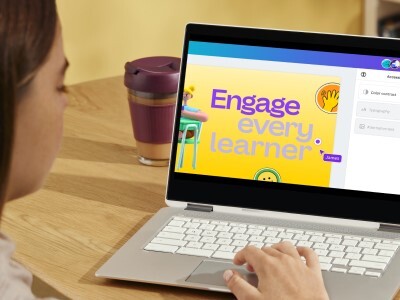Technology Tools
PRESS RELEASE: Next Generation Learning Challenges Names First Grant Recipients
Topics

Educators often take advantage of educational technologies as they make the shifts in instruction, teacher roles, and learning experiences that next gen learning requires. Technology should not lead the design of learning, but when educators use it to personalize and enrich learning, it has the potential to accelerate mastery of critical content and skills by all students.
New projects identify and expand innovative technology-enabled approaches that improve college completion in the United States
April 7, 2011 (Washington, DC) – Today, Next Generation Learning Challenges, a collaborative initiative led by EDUCAUSE, announced its first set of grants to identify and expand innovative technology-enabled approaches that improve college completion in the United States. From a pool of more than 600 applicants, 29 organizations will receive a total of $10.6 million through grants ranging from $180,000 to $750,000. An additional $5.4 million may be awarded to some of the most promising projects after the 15-month grant period concludes.
"Through this first wave of grantees, we have identified a set of extremely promising technology-enabled solutions that I hope will help lead to improved education outcomes for all students,” said Ira Fuchs, Next Generation Learning Challenges Executive Director. “These programs represent a diverse range of approaches and show how the postsecondary system is adapting to give students the tools they need to achieve educational success."
Each grant recipient demonstrated potential to expand its technology-enabled solution to help students succeed in higher education through one or more of four key approaches:
- Blended Learning Models, which combine face-to-face instruction with online learning activities.
- Deeper Learning and Engagement Applications, such as digital games, interactive video, immersive simulations, and social media.
- High-Quality Open Core Courseware, particularly for high-enrollment introductory classes like math, science, and English, which often have low rates of student success.
- Learner Analytics, which monitor student progress in real-time and customize student support and interventions when and where they are needed.
Today, the grant recipients collectively serve more than 117,000 higher education students through more than 200 higher education institutions, including 78 community colleges. By the end of the grant period, grantees may serve as many as 300,000 additional students nationwide.
Examples of the types of programs funded by Next Generation Learning Challenges include:
- Personalized, online learning programs that adapt the content, pacing, and coaching of student learning based on each student’s strengths and motivations;
- Predictive models and early alert systems that notify students, faculty, and advisors when individual students are veering off of their academic path, and then recommend tools and strategies to help get them back on track;
- Social media and peer-to-peer learning models that increase support and motivation for students as an add-on to traditional instruction;
- Simulations and games to increase student engagement and “hands-on” experience with course content; and
- Online open educational resources that are freely-distributed and which can be adapted to individual colleges and students.
A complete list of grant recipients is available online.
Next Generation Learning Challenges will evaluate the projects it funds and build a body of evidence regarding their impact. The initiative will share its findings with the education and technology communities in order to inform their work and help encourage their adoption of promising technology-enabled learning approaches.
The grant competition comes at a critical time. By 2018—when today’s fifth graders graduate from high school—an estimated 63 percent of U.S. jobs will require an education beyond high school. To meet this demand, 300,000 more Americans a year between 2008 and 2018, will need to earn a postsecondary degree or credential beyond what’s already projected. At the same time, a rapidly growing education technology sector is providing new models to help students learn, but more information is needed to identify which approaches work best.
EDUCAUSE, a non-profit organization dedicated to advancing higher education through the use of technology, leads the Next Generation Learning Challenges. Organizations collaborating on initiative include: the League for Innovation in the Community College, the International Association for K-12 Online Learning, and The Council of Chief State School Officers. Each offer deep, practical expertise in education, leadership, and innovation. The Bill & Melinda Gates Foundation and the William and Flora Hewlett Foundation helped design the Next Generation Learning Challenges, and fund the initiative.
“All young people who have the desire and commitment to earn a postsecondary degree should have a way to reach this goal,” said Gerardo E. de los Santos, President and CEO of the League for Innovation in the Community College. “Innovating our way to better learning approaches for students—especially low-income students who face so many challenges as they advance their education—is simply good strategy. Figuring out the best way to do this is an imperative.”
“A majority of today’s college students are juggling jobs, many are raising children and most are stretching dollars,” said Hilary Pennington, Director of Education, Postsecondary Success at the Gates Foundation. “They need a clear path to success, flexible schedules, and technologies that deepen and enhance learning, both face to face and online. We’re excited that the winners announced today engage faculty and leaders from diverse higher education institutions who are pioneers in making this possible.”
Next Generation Learning Challenges has invited two waves of funding proposals from technologists and educational institutions. The second round of funding, announced in January 2011, will identify technology-enabled instructional and assessment solutions designed to improve mastery of seventh- to ninth-grade-level content and competencies aligned with the Common Core State Standards—a set of guidelines developed by states that define the knowledge and skills students need to learn for success in college and careers. Winners are expected to be announced in June 2011.
##




